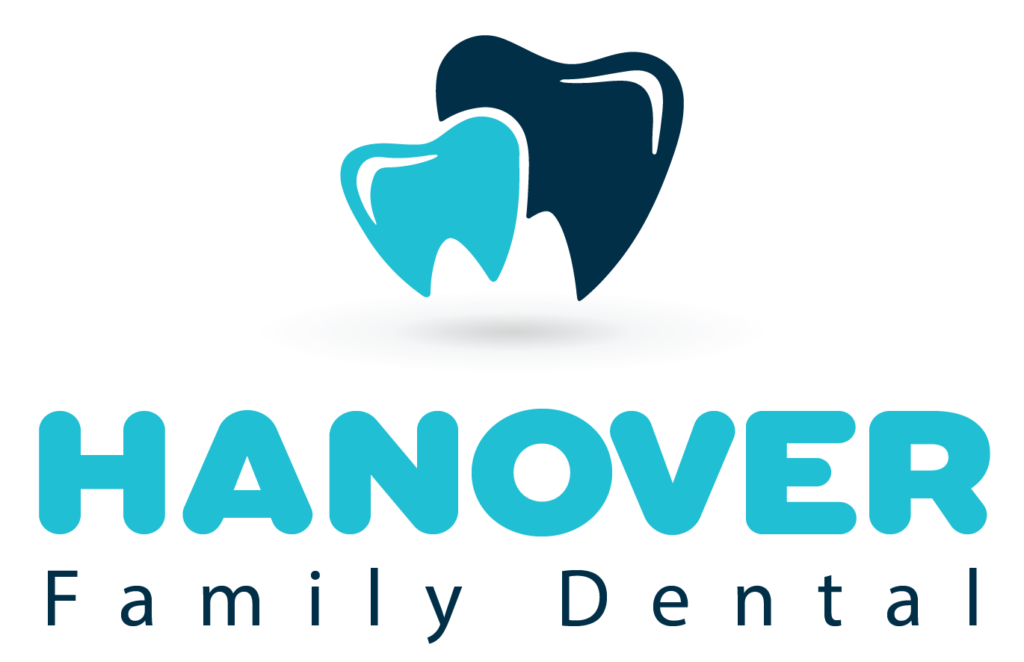
HANOVER FAMILY DENTAL!
We offer complimentary consults for new patients. We feel that spending time with each patient to explore their dental and personal concerns will lead to a better understanding of each patient’s problems and we can work together to achieve the best possible smile for each person and have their treatment delivered in the most relaxed manner using various types of sedation.
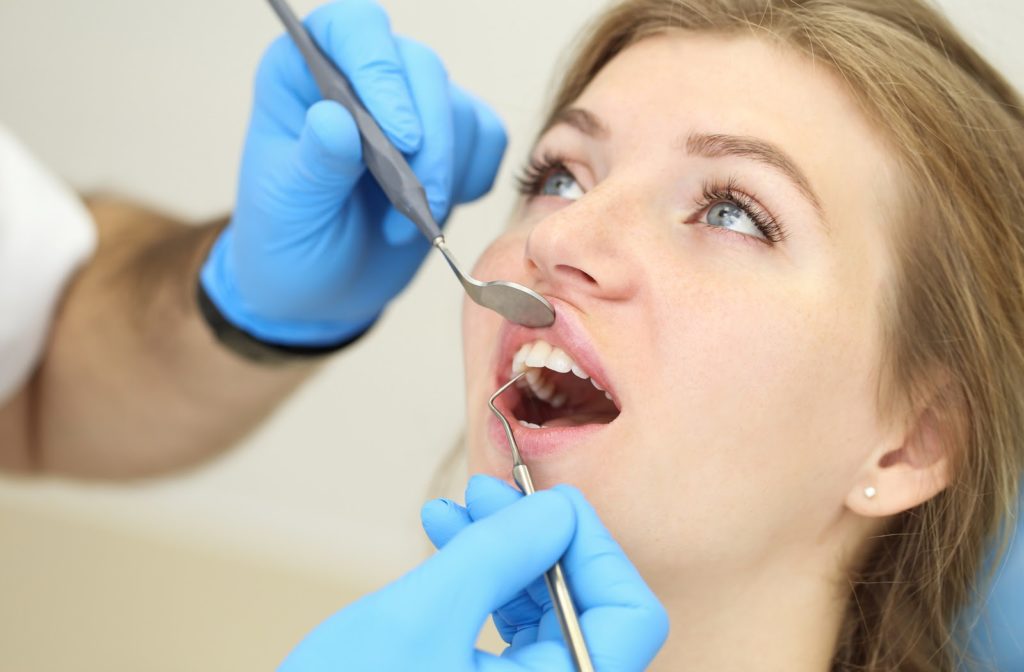
Dental Exam and cleaning
Regular checkups and cleanings prevent gum disease and tooth decay.
The dental hygienist or dentist uses specialized instruments to gently remove harmful deposits without harming your teeth! Your dentist will be happy to take the time to educate you about habits and routines for children!
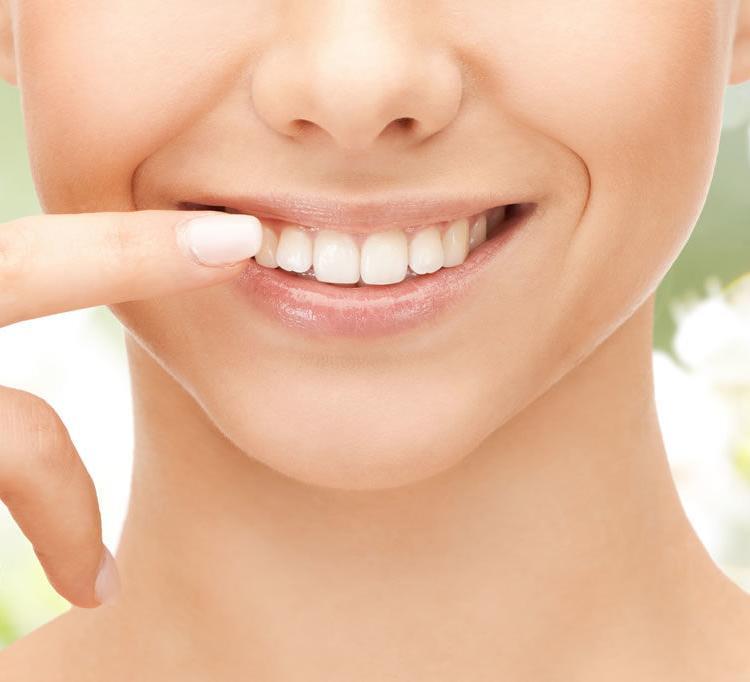
Restorative Dentistry
Restorative dentistry is about procedures that restore damaged teeth. When you go for a dental exam, your dentist checks your fillings and may suggest that you replace any loose or broken ones. Your dentist also looks for signs of decay, such as brown or black spots and may want to use X-rays to take a closer look at problem spots.
We use Tooth colored fillings (or commonly called composite fillings) are created to closely match the existing color of your teeth.
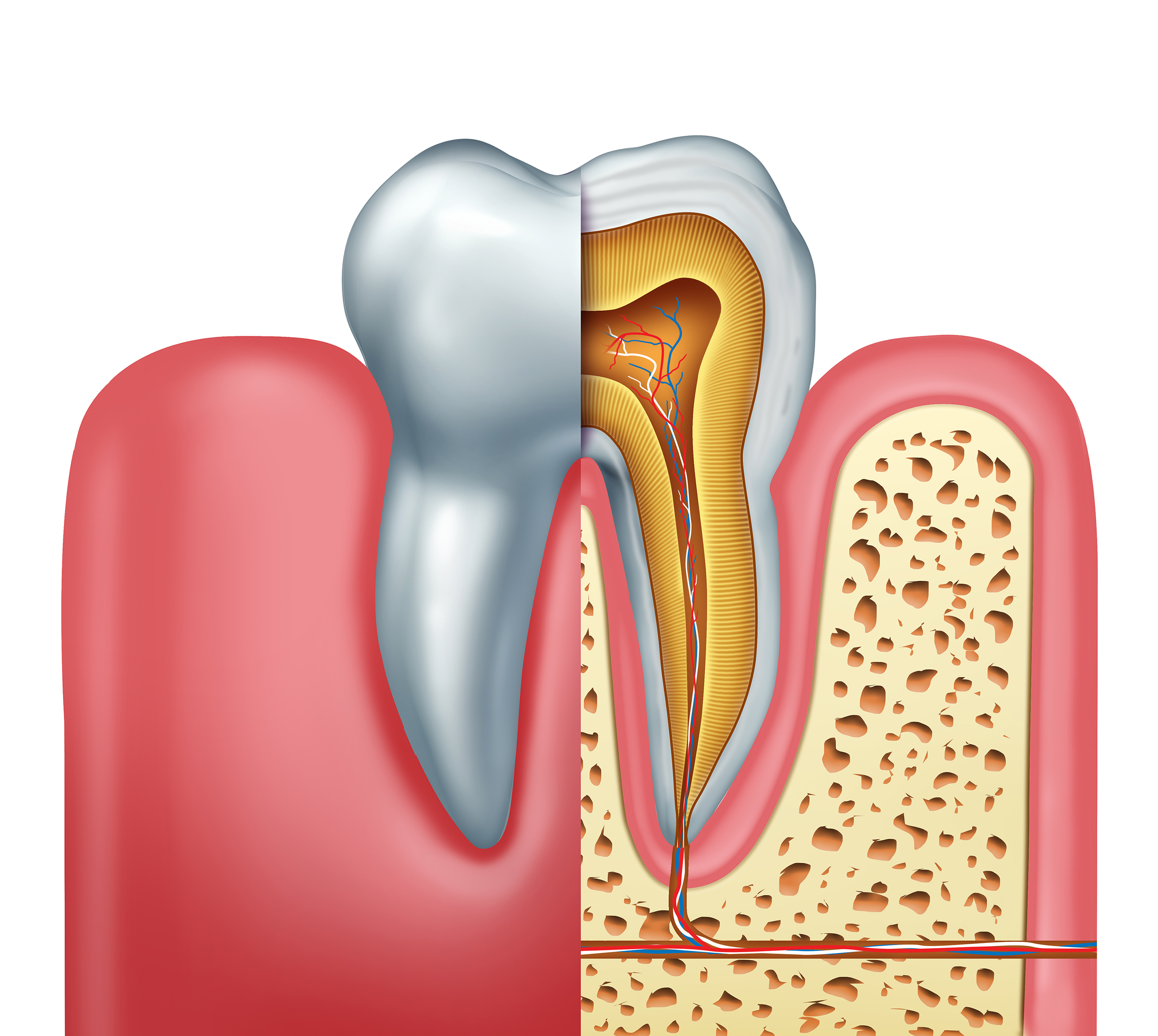
Root Canal Treatment
Root Canal Therapy or Endodontics is performed when the inner wall of the tooth has become infected or damaged. This infection could have occurred for several different reasons such as a crack or chip on that tooth, internal or deep decay or even an issue with the crown. The tricky thing is, there can be situations where the outside of the tooth looks healthy while the damage is occurring internally.

Dental Emergencies
Toothache or tooth pain is caused when the nerve root of a tooth is irritated. Tooth infection, decay, injury or loss of a tooth are the most common causes of dental pain. Call your dentist. Explain your symptoms and ask to be seen as soon as possible. Ease the pain with an over-the-counter pain medicine that works for you. Never put medication directly against the gums near an aching tooth because it may burn gum tissue. Hold an ice pack against your face at the spot of the sore tooth. Never use a heating pad, hot water bottle or any other source of heat on your jaw. Heat will make things worse instead of better.
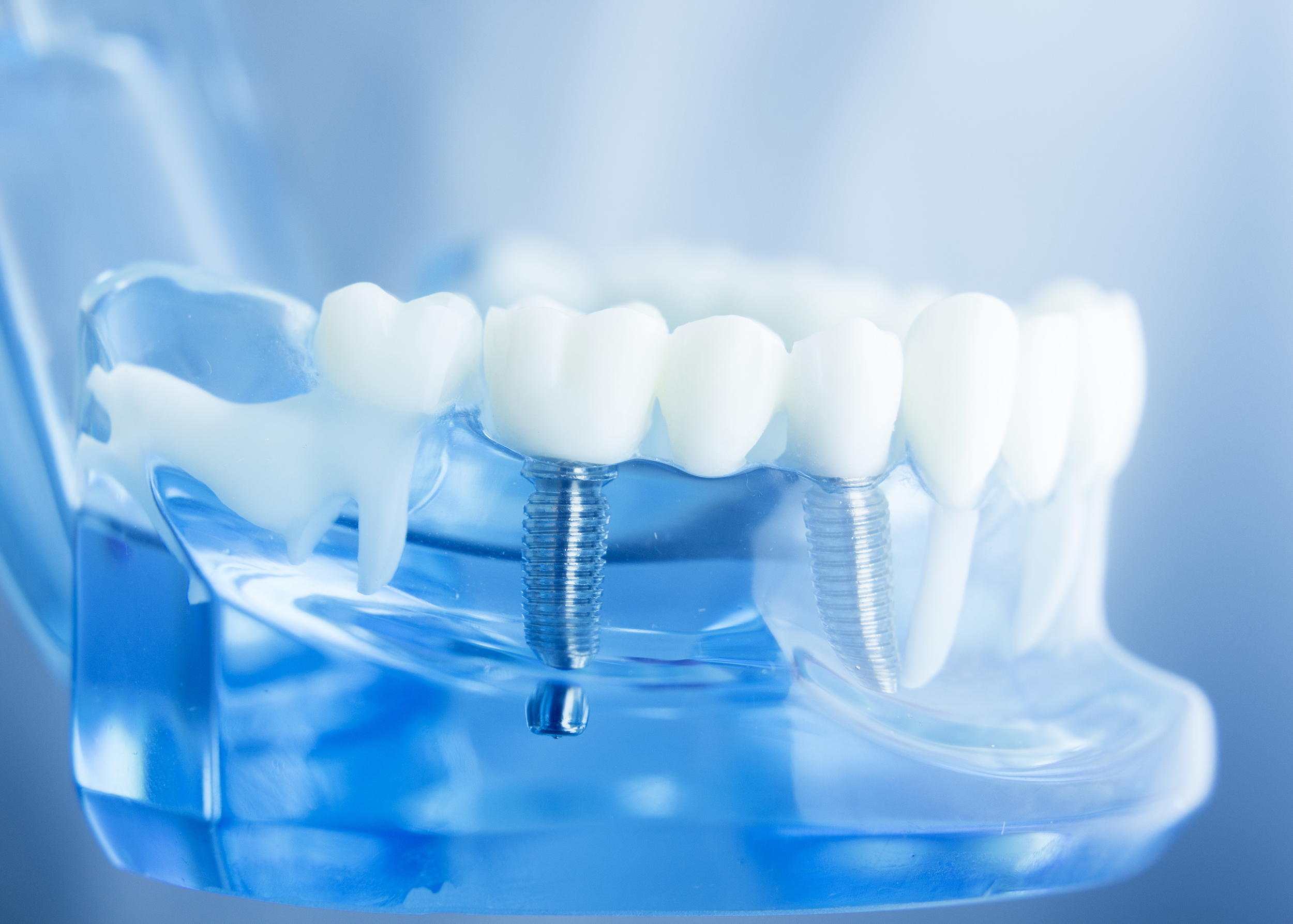
Dental Implants
If one or more of your teeth are missing, there are several ways to replace them. An alternative to bridges, partials or complete dentures may be dental implants. Implants are used to replace missing roots and support artificial replacement teeth. They are comfortable and look like natural teeth.
We can also use dental implants to secure a denture, keeping it from shifting and moving in your mouth.
We offer wide range of dental implants:
- Single Tooth Implant
- Implant Supported Bridge
- Implant Over Dentures
- All-on-four Dental Implants

Porcelain Veneers
In dentistry, a veneer is a layer of material placed over a tooth. Veneers can improve the aesthetics of a smile and protect the tooth’s surface from damage.

Sedation Dentistry
It’s particularly useful for people with a fear of dental visits, or people with a history of anxiety/panicking, but it’s also preferred by people who would simply rather not be “aware” during a procedure. Almost anyone — adult, teen or child — is a candidate for sedation dentistry.
We offer wide range of sedation options:
- Nitrous Oxide or Laughing Gas
- Oral Sedation
- IV Sedation
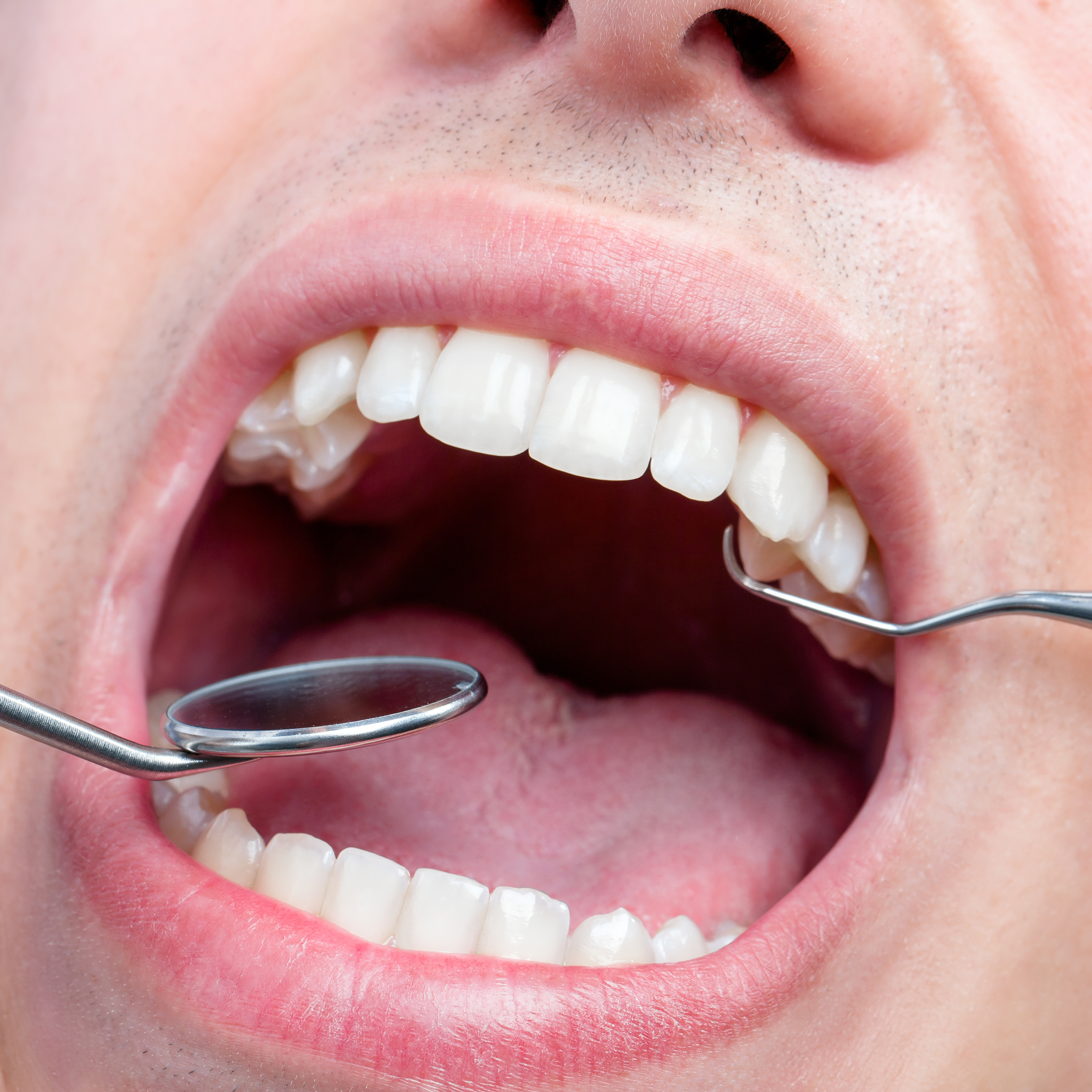
Wisdom Tooth Extraction
Wisdom tooth extraction is a surgical procedure to remove one or more wisdom teeth – the four permanent adult teeth located at the back corners of your mouth on the top and bottom.

Children Dentistry
It’s important to visit your dentist when your baby is under the age of one so you can discuss common issues such as pacifiers, thumb sucking, diet counseling, injury prevention, use of toothpaste and proper care of gums and teeth. It also allows for early determination of tooth decay, right instruction around dental health care habits and information on growth and development.
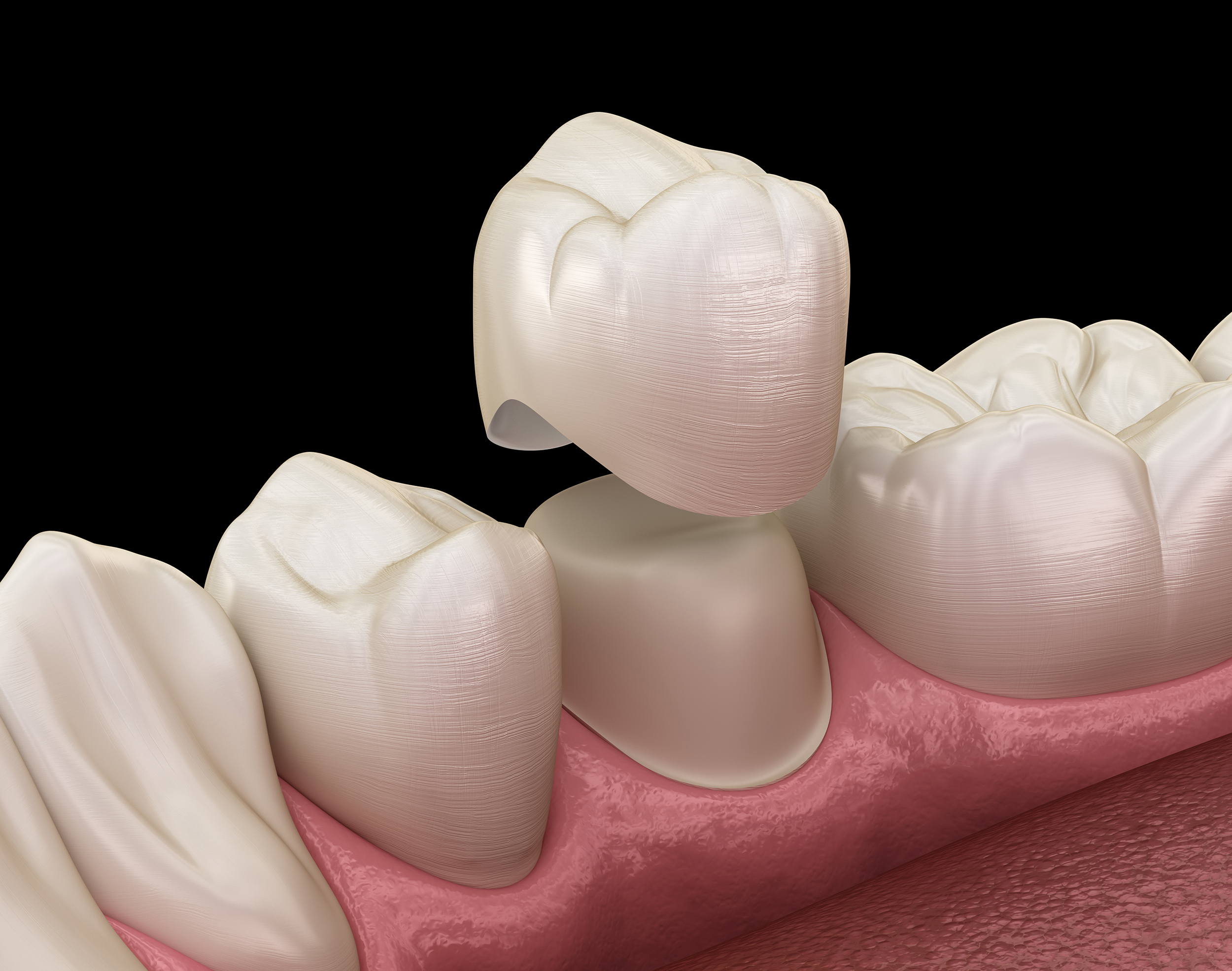
Crowns, Bridges & Dentures
A crown is a form of dental restoration that fully caps over and protects a root canal treatment or dental implant. You may need a crown if you have a root canal, a large filling in a tooth or a broken tooth.
A bridge, also called a “fixed bridge” or a “fixed dental prosthesis,” is a dental restoration that replaces one or more missing teeth. It extends across an area that has no teeth and is typically made up of an artificial tooth fused between 2 crowns.
Depending on how many natural teeth you have lost, your dentist may recommend full dentures or partial dentures. If you have lost all your teeth, complete or full dentures can replace all your natural teeth. The process of creating a denture is done through a series of molding or impression taking that allows for the denture to be properly sized and fitted.

Invisalign
Clear aligners, also called invisible aligners, are a type of orthodontic treatment that corrects misaligned or crooked teeth. They are a virtually invisible and removable alternative to braces designed around convenience and flexibility.
They can correct mild to moderate cases of crowded teeth, gapped teeth, overbite, underbite, and more.
Crowded teeth — when the teeth overlap
Overbites — when the upper front teeth overlap with the lower front teeth
Underbites — when the lower front teeth overlap with the upper front teeth
Diastema — when there are small or large gaps between the teeth
Open bites — when the front upper and lower teeth slant outward and do not touch when the mouth is shut. This is a very rare type of malocclusion.

